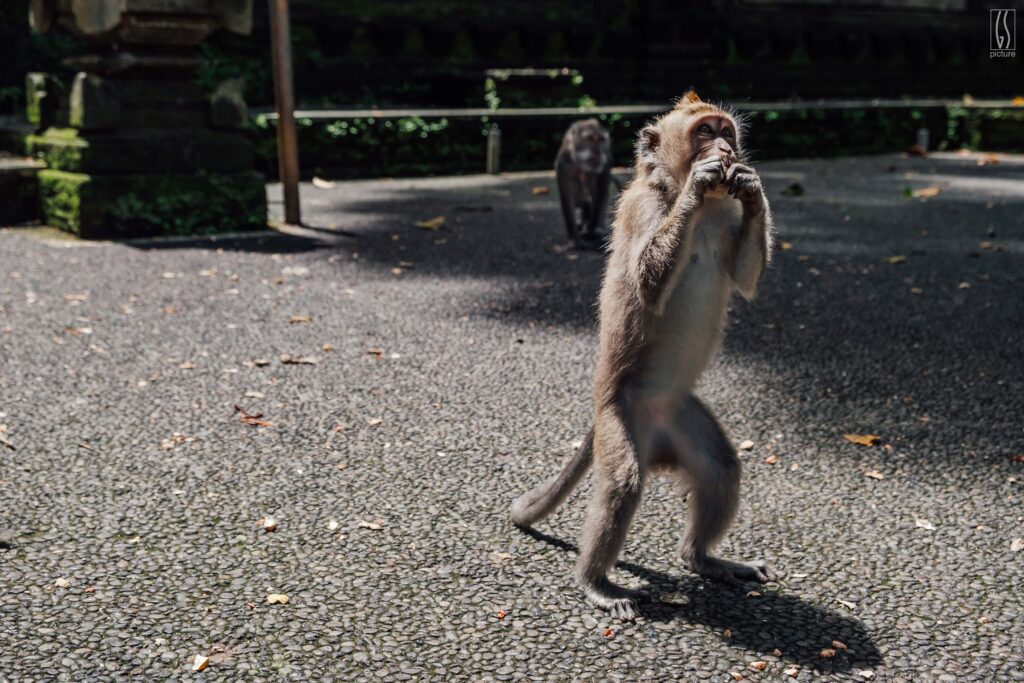Like all the articles on this site, this one is not here to tell you a universal truth or to give fixed advice to improve your photography. Instead, it’s a personal experience I want to share. I don’t believe in one-size-fits-all solutions; everyone needs to find their own path in the vast world of photography.

1. Reflect on your motivations
Why do you do photography? It’s a simple question, but it can lead you to some deep reflections. There’s no right or wrong reason, just reasons that are personal to you. Taking the time to think about this helps you understand what you’re doing and often helps you adjust your approach along the way.
For me, photography is a way to capture fleeting moments, play with light, and express emotions that words sometimes can’t. And for you, why do you take photos? Write down your motivations somewhere because they might change over time, and it’s fascinating to see that evolution.
Little tip: Try jotting down three main reasons why you love photography and revisit them from time to time to see how they evolve.
2. Get inspired by others
Don’t stay in your own bubble. Photography is a field where inspiration from others can really help you grow. By looking at photos that catch your eye, you can expand your own vision.
Why not try to recreate a photo that impressed you? It’s not about copying but understanding how the artist thought and constructed their image. Talent is something you nurture through learning and experimenting.
Mix things up: Explore different styles and subjects. If you usually shoot portraits, try street photography or macro. It can really open up new perspectives.
Be critical: Develop your critical eye by analyzing what you like or dislike in a photo. This will not only help you improve your own photos but also understand and accept feedback from others.
3. Get feedback
Getting constructive feedback is often where things get tricky. It’s intimidating, and it’s not always easy to find the right people to critique your photos in a constructive way.
Don’t rely solely on likes on social media. Look for feedback that goes beyond a simple “like.” Specialized forums and photo clubs can be great places for this.
Be open to criticism: Every piece of feedback is an opportunity to learn. Yes, it’s not always easy to hear, but it’s really worth it.
Tip: Enter photo contests or submit your images for professional critiques. It might seem a bit scary, but it’s a great way to grow.
4. Understand the entire process
To really master photography, you need to understand all the steps, from capturing to editing.
Light: Light is the foundation of photography. Experiment with different light sources and see how they transform your photos.
Shooting: Learn to use your camera to get the effects you want, like beautiful depth of field or capturing movement.
Editing: Editing can really elevate your photos. Learn to use software like Lightroom, Luminar NEO or Photoshop to adjust exposure, colors, and more.
Exercise: Take a series of photos with different light sources and see how they change. Then, have fun editing these photos to see how you can improve them.
5. Practice more
There’s no secret here: you need to practice, practice, practice.
“Ordinary actions, done consistently, create extraordinary results.” – Keith CUNNINGHAM
Get into the habit of picking up your camera as often as possible. Set yourself small weekly challenges to explore new themes or techniques.
Idea: Try capturing one photo each day for a month, focusing on a specific aspect of photography (like composition, light, or color).
6. Don’t pull all your eggs in one basket
Photography is amazing, but it’s also important to have other passions. It helps you take a step back and bring new ideas to your photography.
Try other things: Whether it’s painting, hiking, or just reading a good book. These breaks can enrich your creativity.
Advice: Take regular breaks to recharge. Explore other passions to keep your mind fresh and open to new ideas.

Conclusion
Photography is a personal journey. By reflecting on your motivations, getting inspired by others, seeking constructive feedback, mastering each step of the process, practicing regularly, and diversifying your interests, you’ll not only develop your skills but also enrich your artistic vision.
So grab your camera and get to it!
